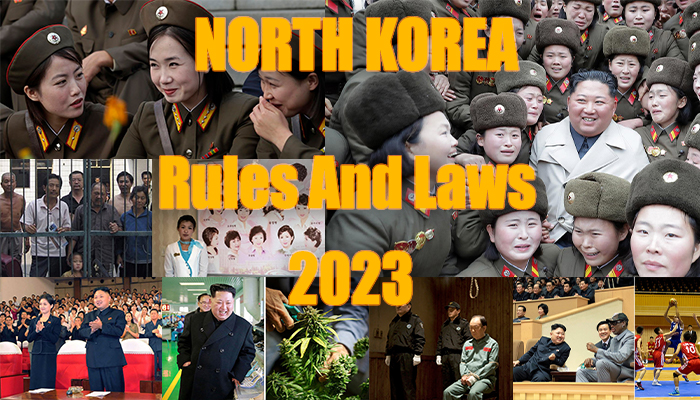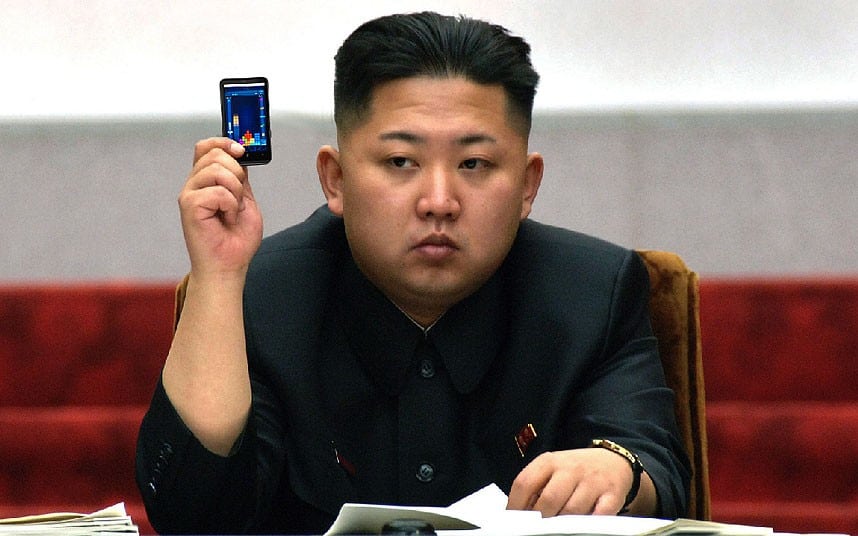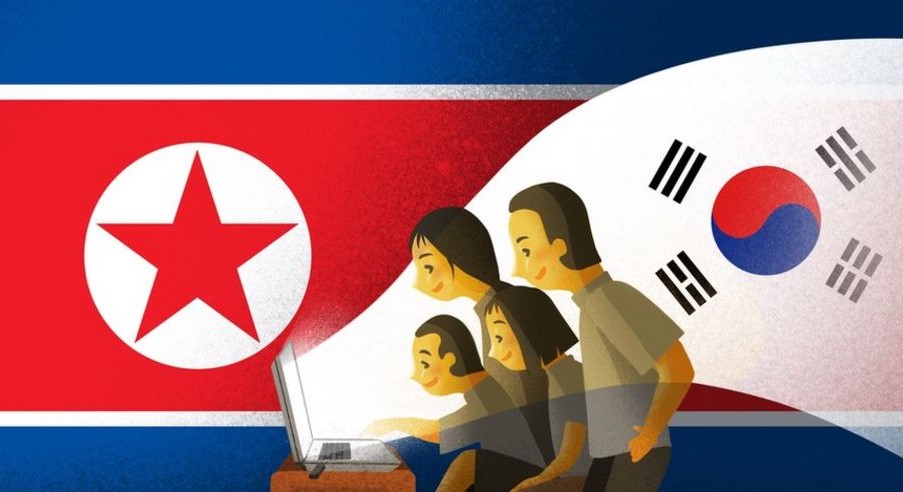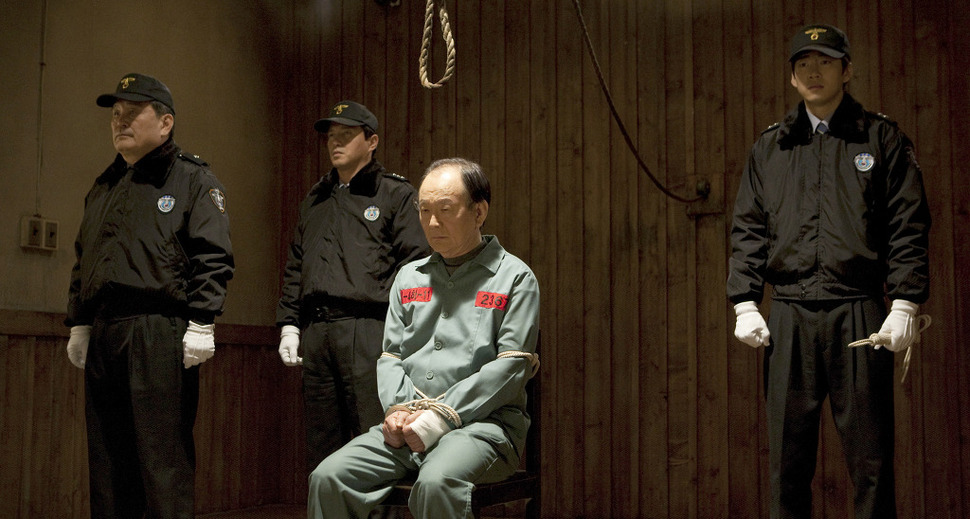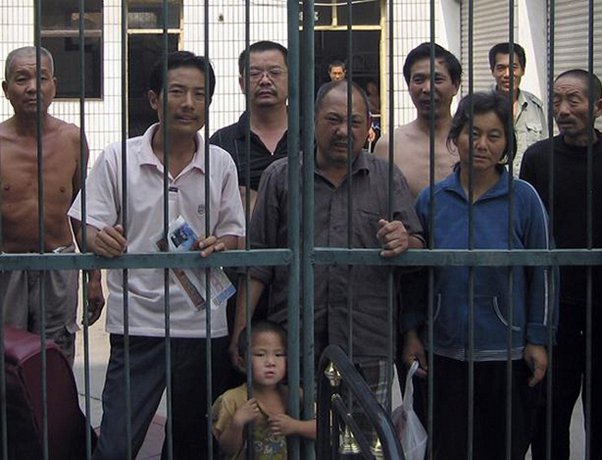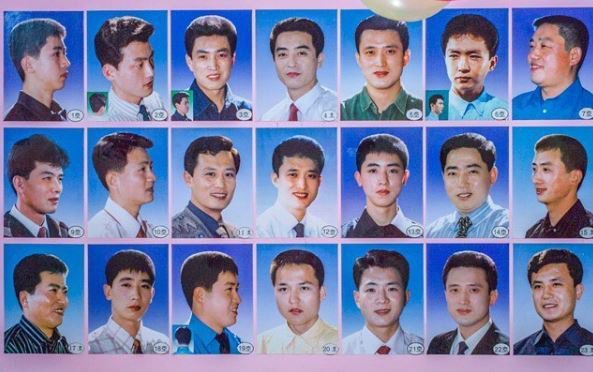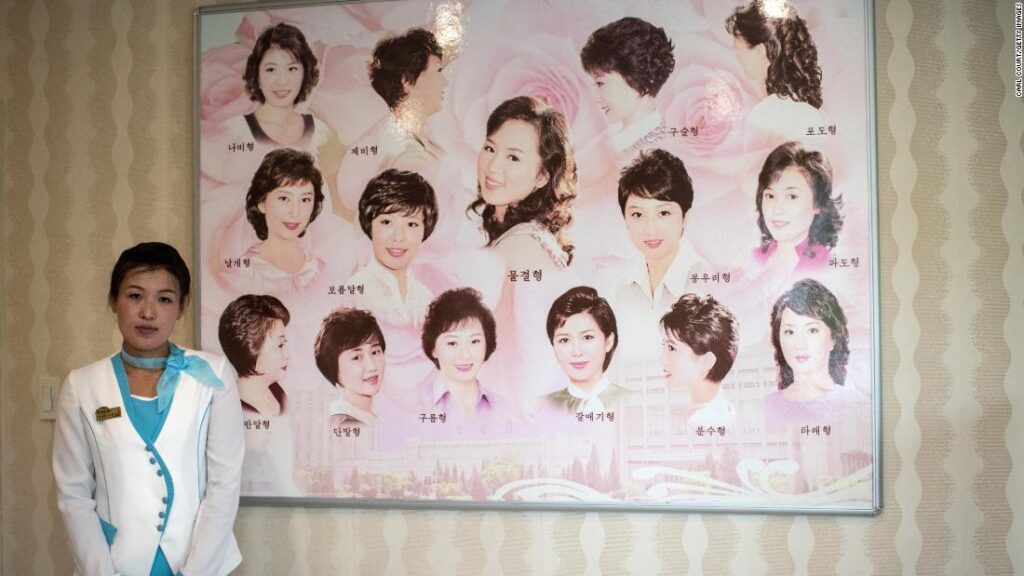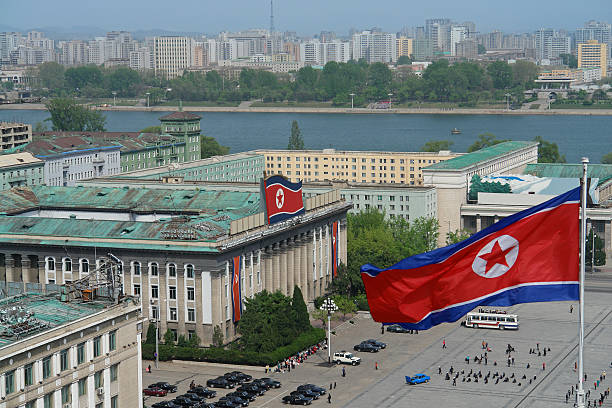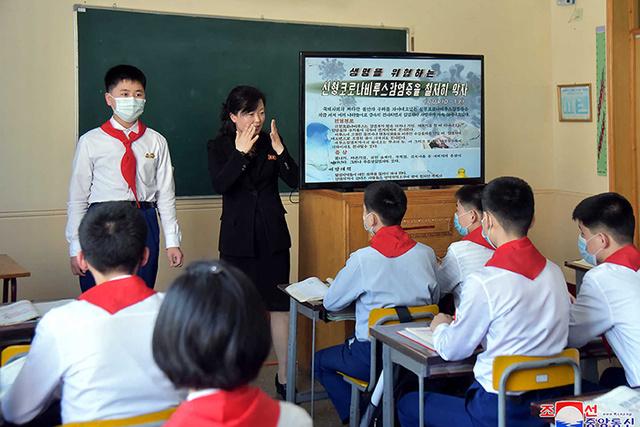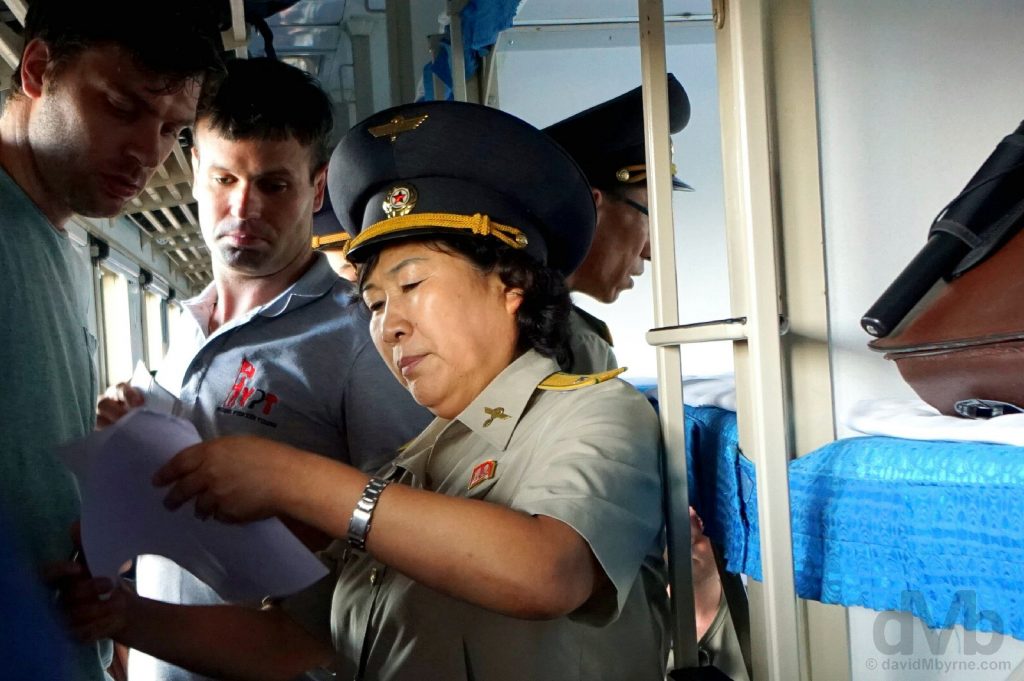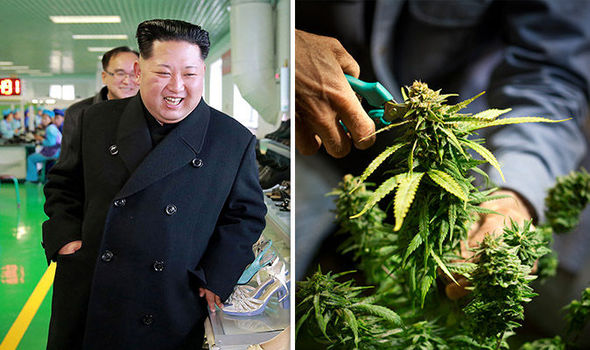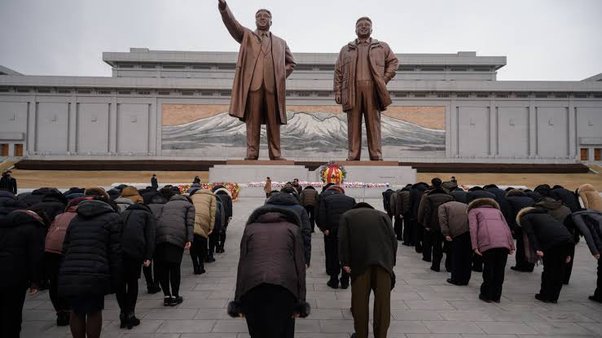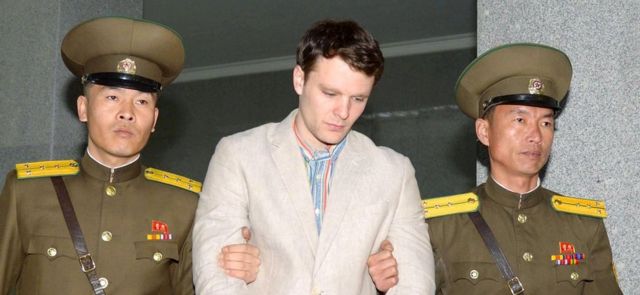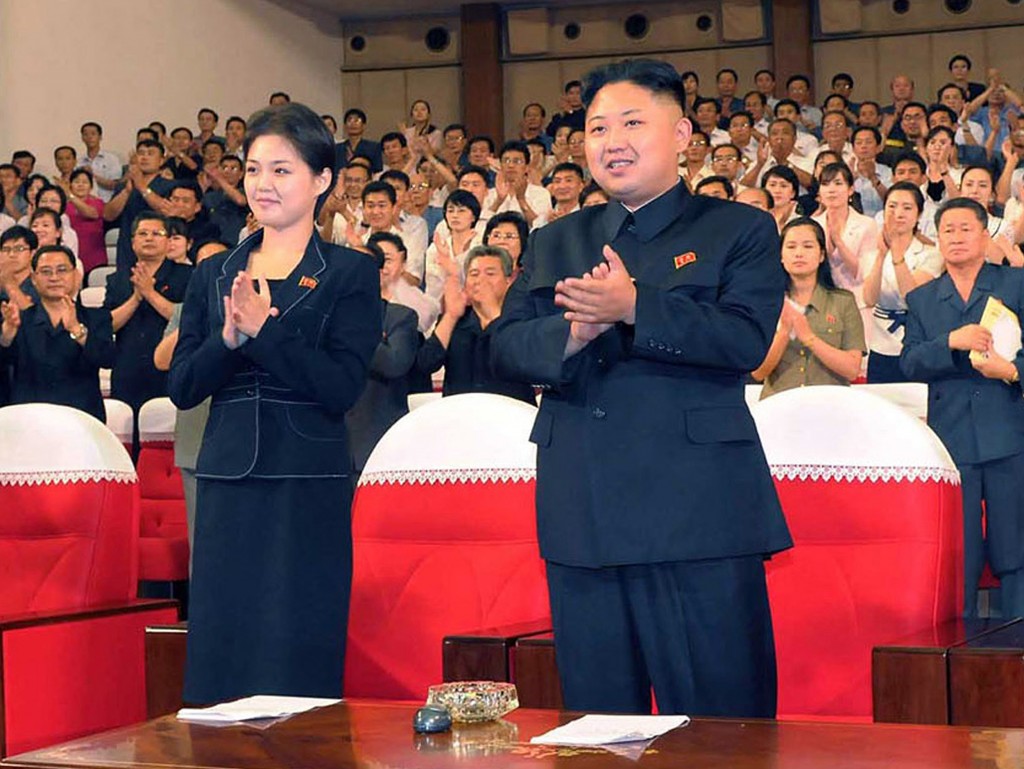There are strict restrictions on what you can transport into North Korea. Political, pornographic, and religious things cannot be brought in. When you reach, declare any printed materials and electronic equipment. It’s also prohibited to possess anything that violates North Korean law, whether intentionally or unknowingly. In this article, we are digging into North Korea Rules And Laws.
The state law declares North Korea to be an “independent socialist state” in Article 1. North Korea is a totalitarian dictatorship with an extensive cult of personality centered around the Kim family. Despite this, it conducts elections, which independent analysts have called shams. In theory, anyone is permitted to journey to North Korea. The only exceptions are South Koreans and journalists, though there have been a few.
1. Making International calls is a crime
Making international calls is a crime. Calling abroad is illegal in North Korea, so its residents are not allowed to do so. A North Korean factory owner was reportedly executed by a firing squad in 2007 in front of 150,000 spectators after being accused of making international calls on 13 phones he placed in a factory basement, according to reports.
2. Foreign movies and songs are not allowed
North Korean residents risk being imprisoned for viewing foreign films or listening to foreign music. To quell dissent, Kim Jong-un, the dictator of North Korea, ordered the destruction of all cassette recordings and CDs that contained songs that the country had outlawed in 2015. Streaming American pictures or disseminating pornography can result in execution. In North Korea, there are only three TV networks, and the government controls all of the programs.
There are peculiar laws and regulations in the authoritarian state of North Korea, which is governed by Kim Jong Un. North Korea has threatened to penalize parents if their children are found viewing Western-produced movies or television shows in an effort to step up its media repression campaign. According to the latest news, Parents of children caught viewing foreign films will be sent to labor camps for six months while children will serve five years of imprisonment.
3. Disloyalty to the leader can mean the death penalty
A meeting with Kim Jong-un during which someone falls asleep is regarded as betraying the leader and could result in a death sentence. Hyon Yong-Chol, the defense minister of North Korea, is said to have fallen asleep in front of Kim Jong-un and was shot and killed by anti-aircraft fire in 2015 in front of 100 people.
4. Three-generation punishment
In North Korea, anyone who violates the law will face punishment along with their relatives, parents, and children. This dreadful rule was enacted to stop inmates from escaping from custody.
The legislation of North Korea stipulates “three generations of punishment.” Your children and grandchildren will also be subjected to the entire force of your punishment, which frequently entails a life sentence in prison if you commit a crime. Children who are born in jail grow up as prisoners because “blood is guilty” in them. Instituted in 1950, this law was supposed to eliminate the blood lineage of counter-revolutionary North Koreans after the war.
5. Only government-approved haircuts
There are only 28 haircuts that are permitted by the government, 18 for women and 10 for males; other hairstyles are forbidden. The North Korean leader Kim Jong Un introduced this rule in 2013 but left his hairstyle off of the list because he wanted to keep it unique and no one is allowed to dare to copy it. It is believed that married women should have shorter hairstyles than single women.
The North Korean haircut rules are:
- Men’s hair should be kept between 1-5 cm in length, with recommended haircuts every 15 days.
- Women are allowed to choose from one of 14 slightly longer styles.
- Spiked hairstyles are exclusively banned because the government thinks it’s rebellious.
Kim Jong Un decided not to include his own hairstyle in the restrictions however, because he wanted to keep it unique.
6. Own basketball rules
The basketball contests have been modified by the North Korean authorities. For instance, a slam dunk is worth 3 points, not 2, and 2-point goals made in the game’s final three minutes are worth 8. Additionally, you lose a point if you mistake three times.
It is difficult to understand why the basketball regulations were altered in North Korea, as it is with most things. Most likely, Kim Jong Il, Kim Jong Un’s late father, changed the regulations after deciding he could make them better. Basketball has always captivated North Korea’s “Supreme Leaders,” with a special fondness for the Chicago Bulls of the 1990s. For example, in 2013, Kim Jong Un invited Dennis Rodman to Pyongyang, North Korea’s capital city, to arrange a basketball match.
7. Permission needed to live in the national capital (Capital of North Korea)
Only the most prosperous, effective, and powerful individuals should reside in Pyongyang, according to North Korean leader Kim Jong-un. For someone to reside in the capital, they must have written authorization. Life in Pyongyang is undoubtedly better than it is out in the rural. North Koreans must have permission to reside in the capital, which is primarily populated by party members and socially more affluent people (roadblocks on the country’s streets prevent you from moving around without permission).
It wasn’t uncommon to see people with mobile phones and digital cameras at some of the special events we attended, like a fun fair and a FIFA soccer match. But this was definitely not a common sight on the streets, probably because most people couldn’t afford that kind of technology. But even within the capital itself, the gap between the haves and have-nots depends on how close their homes are to the city center.
8. Students required to pay for their own desks and chairs
Desks, seats, and building supplies are expected of parents who send their children to school. The cost of a student’s desk and chair at school is their responsibility. The parents must pay for it separately because the fees do not cover it.
9. The Bible is banned in North Korea
North Korea is ruled by Kim Jong-un, the third generation of the Kim dynasty who have ruled North Korea with an iron grip since 1948. The two ideologies used to govern the state are ‘Juche’, which points to man’s self-sufficiency, and ‘Kimilsungism’, the god-like worship of the Kims; children are taught the name of Kim Il-sung, Kim Jong-un’s grandfather before they are taught the names of their own parents.
Any suggestion that there could be a higher authority than the Kims is immediately crushed. North Korean citizens are constantly scrutinized by the Inminban, a neighborhood watch system in which the leader writes reports on their neighbors, trying to work out if anyone is disloyal to the ruling. A North Korean who fled returned six years later as a Christian missionary — and eventually died in a North Korean prison, reportedly tortured for trying to spread the Gospel.
A social stratification system in North Korea called ‘Songbun’, similar to the Indian caste system, divides people into three main classes: the loyal, the wavering, and the hostile. These are further divided into 51 subclasses; Christians are part of the ‘hostile’ class, with Protestant Christians being number 37 and Catholic Christians being number 39. If discovered, Christians face arrest, torture, imprisonment, and perhaps even public execution – they are considered spies and traitors of the nation and are condemned for their Faith.
10. No iPhones or laptops
Freedom of thought, opinion, expression, and information are all strictly prohibited by the North Korean regime. The media are all tightly regulated. It is illegal and punishable with harsh penalties to use a phone, a computer, a television, a radio, or access media that is not authorized by the government. The government frequently imposes strict penalties on people who access or read illegal material. Additionally, it blocks Chinese mobile phone services at the border and seeks for arrest anyone connecting foreigners to citizens within the country or conversing with them.
11. Prison camps in North Korea
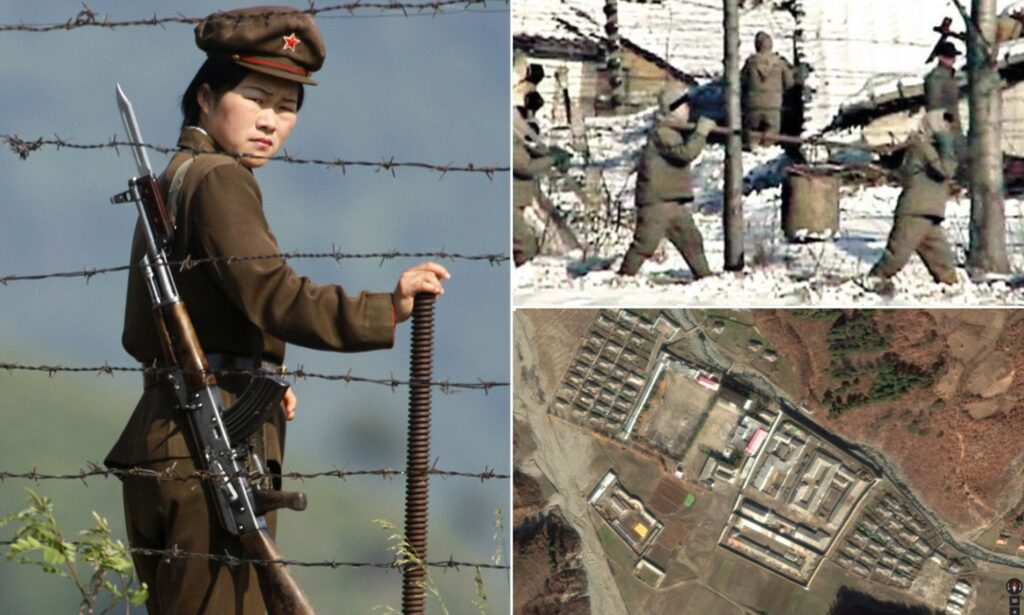
Forced labor and an intricate system of wrongful imprisonment are present in North Korea. The two enormous buildings known as “prison camps” in English are named in Korean as kwan-li-so and kyo-hwa-so. North Korea is home to around twenty prison labor camps and four acknowledged political prison camps.
The prison system in North Korea has significantly expanded over the past 60 years. Kim Il-sung, the country’s first leader, based the prison camps on Soviet gulags. Currently, between 80,000 and 120,000 people are thought to be detained in these camps. For actions that are universal rights under the Universal Declaration of Human Rights, North Koreans are detained and charged as anti-state offenders.
These North Koreans are tortured, starved to death, punished for professing their religion, and executed after being imprisoned. Hunger and forced labor are used to keep prisoners under control, and a shortage of food and a variety of food sources leads to chronic health problems. Depending on the offense, inmates may be held in these prison camps for decades or perhaps the rest of their life; some are even born into the system.
Former inmates claim that captives may be made to dig their own graves and witness their fellow inmates’ executions and that these conditions significantly limit the lifetime of human inmates.
12. Strict customs rules
You are not given any further protection from North Korean legislation just because you are traveling as part of a tour or with a guide. For actions that are not crimes in other countries, authorities may detain, arrest, or eject you in north korea. They might also check your possessions and keep an eye on your communications. Don’t use or carry illegal drugs. Penalties for drug offences are severe and parole is unlikely. Drug traffickers can get indefinite jail sentences.
Many actions may be considered spying by the authorities. When snapping pictures, use extreme caution. Anything other than certified public tourist destinations cannot be photographed. Before snapping a picture, always get your North Korean tour guide’s permission. There are strict restrictions on what you can transport into North Korea. Political, pornographic, and religious things cannot be brought in. When you reach, declare any printed materials and electronic equipment. It’s also prohibited to possess anything that violates North Korean law, whether intentionally or unknowingly.
Be careful who you speak with and what you say. Making jokes or displaying disrespect toward North Korea, its current or former leaders, or their families is prohibited. Talking to North Koreans without permission is likewise prohibited. If you do, authorities can view it as espionage. Only purchase items from shops approved for visitors. Dual nationality is not recognized in North Korea.
We might not be able to assist you if you have dual citizenship with Australia and North Korea and are being held. This comprises Australians with Korean ancestry, including those who are South Korean natives. Dual citizens from Australia and South Korea might need authorization from South Korean authorities to visit North Korea. If you are a tourist, customs check all your music, films and written materials, and only then you will be allowed into the country.
13. Different calendar
The Juche calendar is an alternative dating system used in North Korea where the years are based on the Juche era. Unlike the Gregorian calendar which begins at year 1 according to the birth of Jesus Christ, the Juche calendar begins in 1912, the year of Kim Il Sung’s birth. Kim Il Sung is the founder and the Eternal President of North Korea.
Using the Juche calendar, 1912 is known as Juche 1 to North Koreans. The year 2023 is therefore known as Juche 112. The name of the Juche calendar is derived from the state ideology of ‘Juche’, loosely translated to ‘self-reliance’. This ideology was developed by Kim Il Sung himself.
On July 8, 1997, the third anniversary of Kim Il Sung’s demise, a proclamation establishing the Juche calendar was issued. The same edict also established Kim Il Sung’s birthday as an annual holiday called the “Day of the Sun.” The Day of the Sun, also known as the Juche New Year, is the most significant holiday in North Korea.
14. Only one leader to vote in the election
The Supreme People’s Assembly (SPA), which serves as North Korea’s national legislature, is chosen every four to five years, while Local People’s Assemblies are chosen every four years. The Democratic Front for the Reunification of Korea has won every seat. With 87.5% of the Front’s seats, the Workers’ Party of Korea, the Front’s founder and current leading party, dominates the other parties with 7.4% of the seats.
The Korean Social Democratic Party with 3.2%, and the Chondoist Chongu Party with 1.9%. Official reports indicate that the turnout was close to 100% and that the Democratic Front candidates were approved by all voters, or nearly all voters. Numerous people have condemned North Korean elections as being fraudulent. North Korea holds presidential elections and all the citizens above 17 mandatorily have to vote in the elections but they are not entirely free elections. In each election, you only have 1 option. As a result, 100% of Koreans vote for their dear leader.
15. No WiFi access
North Korea has a portal to state-run propaganda, not the world wide web. Nevertheless, it is more of an intranet named “Kwangmyong,” not quite the internet. All foreign websites are blocked, and if you are not a high-ranking person, you will never be permitted to access them.
In its most recent version, the native operating system “Red Star” has a MacOS X-like feel to it. They say that it was done because of Kim Jong-un’s fondness for Apple products. Wi-Fi is basically nonexistent. “Kwangmyong” is not even accessible on mobile devices. Chinese tablets made for North Korea don’t have Wi-Fi and Bluetooth components. They are just not required.
16. No Marijuana law
In 2010, the American NGO Open Radio for North Korea said that their source had told them that Hamkyungbuk-do had launched a crackdown on meth; however, the campaign was restricted to methamphetamine and did not include opium or marijuana as “drugs.” Vice News reported in 2013 citing NK News and Reddit sources that cannabis was widely accepted and used in North Korea.
The lower classes smoked it as ipdambae (, “leaf tobacco”) as a less expensive alternative to cigarettes and to unwind after a long day of work. It is rather typical for North Koreans to produce their own marijuana, or just to collect marijuana plants that grow wild around the nation, according to Lexi De Coning of MassRoots. But in a response published in a 2014 article in The Guardian, journalist Keegan Hamilton endeavored to disprove these as untrue.
He referenced Matthew Reichel of the Pyongyang Project who noted that ipdambae is actually a combination of plants and tobacco, superficially similar to cannabis but unrelated. Although some individuals may grow small amounts of psychoactive cannabis for personal use, its usage is still prohibited and is likely to result in harsh punishment. Cannabis is grown industrially, although it takes the form of low-THC hemp.
It should be clear that drugs, including marijuana, are forbidden in North Korea, according to a 2017 statement by the Swedish ambassador there. There is no legal way to get it, and smoking it is illegal; do not anticipate any kind of leniency.
17. Insult to Kim and his family considered blasphemy
Kim Jong-un’s authority requires every North Korean to swear allegiance and obedience to him, his family, and the government. The North Korean government views anything that may be interpreted as an insult to the Kim family as blasphemy and punishes offenders harshly. This holds true for both visitors and immigrants from North Korea. Anything that can be construed as a threat or insult will result in incarceration or perhaps death.
Many people are also acquainted with the story of Otto Warmbier, an American citizen and student who was detained at Pyongyang International Airport while waiting to leave the country for attempting to steal a billboard from his hotel room while visiting North Korea as part of a guided tour group. Warmbier was locked in a prison cell and was released in a vegetative state and died soon afterward in June 2017.
18. Not allowed to leave the country
You might be perplexed as to why North Koreans do not flee in the face of such harsh rules. And they are unable. Citizens of North Korea are not allowed to leave the nation, and border guards will shoot anyone who does so without identification. For individuals who attempt to flee or hide from Kim’s dictatorial authority, the most severe punishment is nearly usually death.
19. Strict rules for tourists
You are not given any further protection from North Korean legislation just because you are traveling as part of a tour or with a guide. For actions that are not considered crimes anywhere in the world, Korean authorities may arrest, detain, or expel you. They might also check your possessions and keep an eye on your communications. Authorities may judge many activities as spying. Be very careful when taking photos.
It’s illegal to photograph anything other than designated public tourist sites. Always ask your North Korean guide for permission before taking photos. North Korea has strict laws about what you can bring into the country. It’s illegal to bring in religious, pornographic or political items. Declare all published material and electronic devices when you arrive. It’s also illegal to knowingly or unknowingly possess items that breach North Korean law.
Watch who you speak with and what you say. Making jokes or displaying disrespect toward North Korea, its current or former leaders, or their families is prohibited. Talking to North Koreans without permission is likewise prohibited. If you do, authorities can view it as espionage. Only purchase items from shops approved for visitors.
20. Military service is compulsory
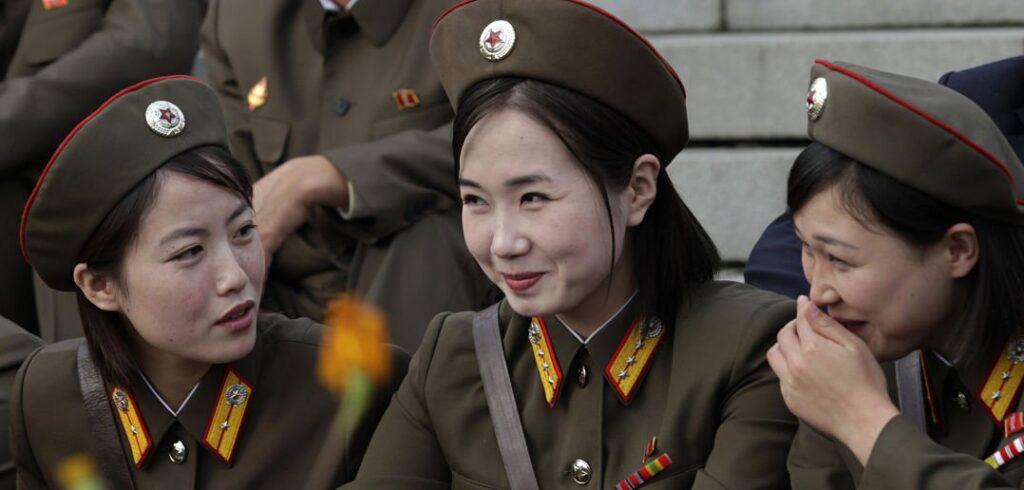
Military service is compulsory for all North Koreans. 10 years for men and 7 years for women. Although the legal status of conscription in North Korea is unclear, it nonetheless takes place. While women are subject to selective conscription, men are indiscriminately drafted. Conscription begins at age 17 and lasts until age 30.
People with poor songbun and children of political elites are excused from conscription. (ascribed social status in North Korea). The Central Military Commission of the Workers’ Party of Korea sets annual recruitment goals, which are then carried out locally by schools.
21. Power cut every night ( North Korea at night )
North Koreans face power cuts every night due to the energy crisis in the country and for using electricity need permission and owning a microwave is illegal. The Orangchon Power Plant was just finished after 40 years of construction, yet despite continued and relentless efforts to improve energy production within North Korea, the nation continues to have a severe electrical shortage.
The North’s night light profile is still far behind even when measured against other emerging nations like Myanmar. While solar and renewable energy sources are filling in some of the gaps, enormous energy increases are still desperately needed.
22. Citizens are not allowed to have the same name as the current president
According to a report on Wednesday by South Korea’s state-run KBS television, North Korea has ordered everyone with the same name as its leader, Kim Jong Un, to change their names. Similar restrictions were placed on North Korea’s usage of the names of its two former presidents, Kim Jong Il, Kim’s father, and Kim Il Sung, Kim’s grandfather, as part of propaganda campaigns to create cults of personality around them. Newborns cannot be given the name Kim Jong Un, and those who already have it must change it on their birth certificates and registrations, according to a North Korean government regulation cited by KBS.
……………………………………………………………………………………………………………………………………………..
Knowledge World Blog- WWW.KNOWLEDGEWORLD.BLOG
Visit Our Online Shop Website- WWW.CEYLEBRITY.COM
Ceylebrity Sinhala News And Articles- WWW.CEYLEBRITYNEWS.LK
Share
